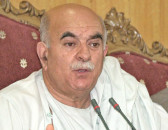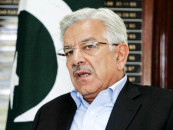Encouraging competition

Encouraging competition
Yet Wednesday’s revelation that the World Bank had recommended that the government reinstate the Competition Act as a precondition to $500 million in aid seems to have largely been welcomed by most analysts and observers. It is, however, a mixed blessing. President Zardari’s administration has made abundantly clear that, even though they were not the originators of the Competition Act, they will support it through the legislative and administrative process by backing up the Competition Commission of Pakistan (CCP). Support in the Senate has been lacking.
With the World Bank leaning heavily on the government to pass the act into law, which will enable the CCP to go after the alleged cartelisation in several industries, one expects that the bill will eventually become law. Yet it is disappointing that it had to come to this, rather than a debate within parliament about the bill’s merits.
For while the law has several positive aspects, such as granting the government the ability to break up cartels and fine oligarchic behaviour, it also has several weaknesses, such as the lack of a judicial review process. There are arguments in favour of and against such a review and these should have been taken up in a vigorous debate in the Senate.
Instead, however, the Senate chose to simply ignore the bill and allow it to lapse, leaving the country without any competition law at all and consumers helpless against the power of cartels. Now that the World Bank has revived the issue, parliament must once again try to resolve the debate surrounding the proposed law and pass a law that permanently sets up the CCP.
This will be in the interest of consumers since during its brief time in operation the commission carried out some very commendable actions to check the abuse of monopoly power in the economy.



















COMMENTS
Comments are moderated and generally will be posted if they are on-topic and not abusive.
For more information, please see our Comments FAQ